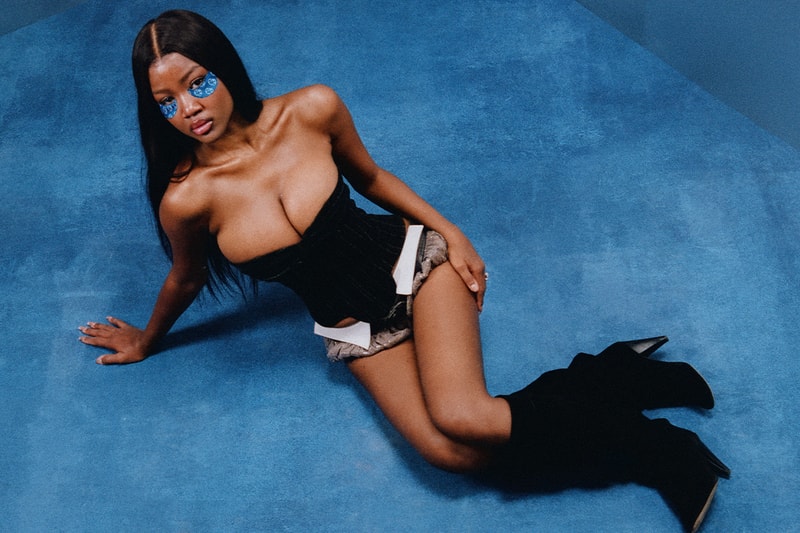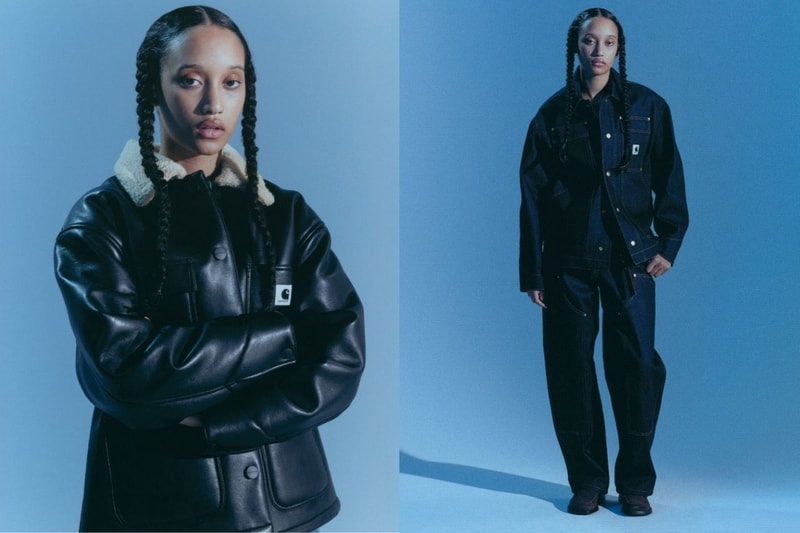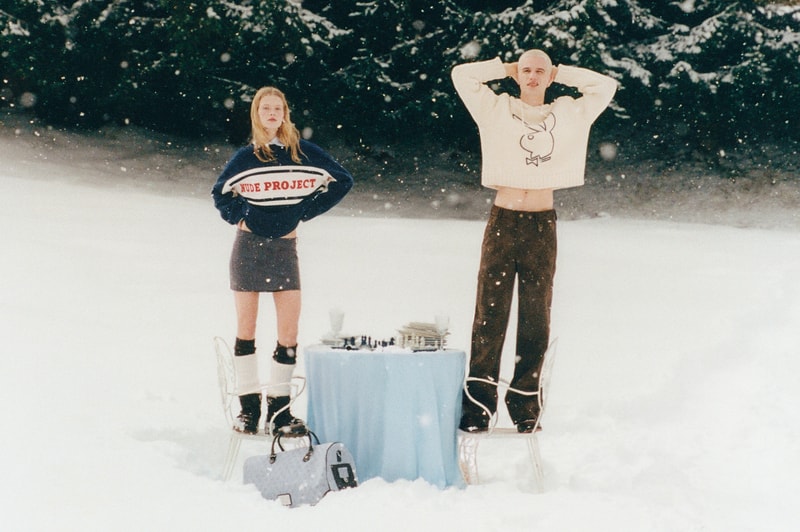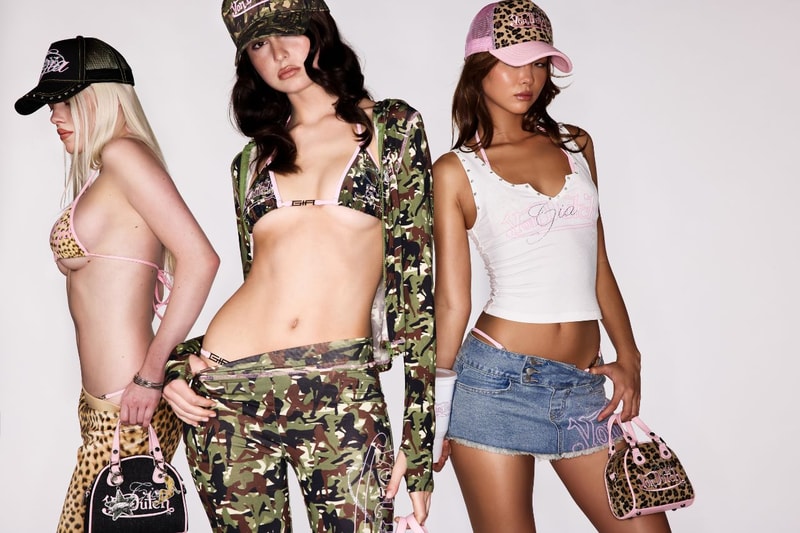Nike and MSCHF Settle Lawsuit Over Lil Nas X "Satan Shoes"
info@hypebae.com (HYPEBAE) Fri, 09 Apr 2021 HYPEBAE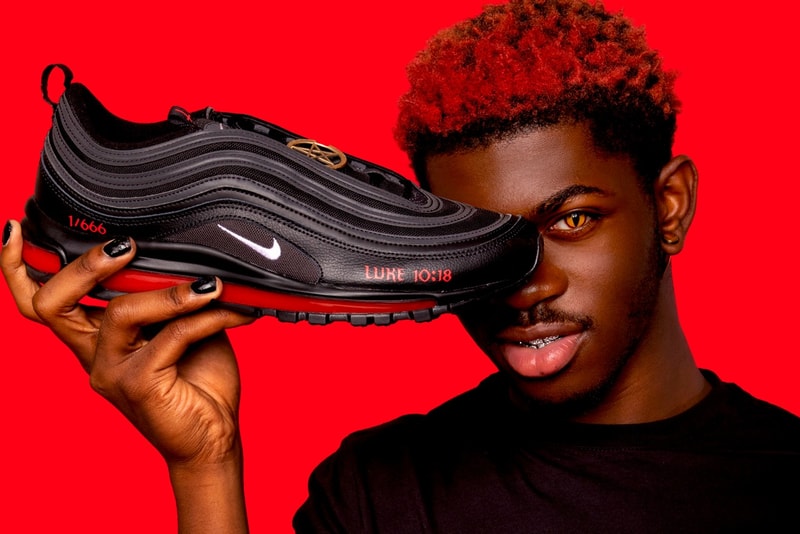
Nike has agreed to settle its two-week-old lawsuit against MSCHF, a Brooklyn-based art collective that collaborated with Lil Nas X on limited-edition "Satan Shoes," pairs of Air Max 97s customized with human blood and pentagram-shaped charms. The inferno-themed shoes were released to promote the rapper's similarly devilish music video for "MONTERO (Call Me By Your Name)," a visual that depicts the artist giving Satan a lap dance.
Upon release, MSCHF's Satan Shoes caused uproar among conservative Christians, who also took issue with Lil Nas X's music video. Some believed that Nike was involved in the making of the controversial sneakers, leading the footwear giant to sue MSCHF for harming its reputation "among consumers who believe that Nike is endorsing satanism." Last month, Nike released the following statement to The New York Times: We do not have a relationship with Little Nas X or MSCHF. Nike did not design or release these shoes, and we do not endorse them,” the company said.
MSCHF has agreed to a "voluntary recall" offering refunds to customers who choose to return their Satan Shoes. The sneakers, which were sold in a limited edition of 666 pairs and retailed for $1,018 USD, have already hit resale sites such as eBay for as much as $20,000 USD. The recall extends to MSCHF's 2019 "Jesus Shoes," customized Nike sneakers filled with water from the River Jordan. The settlement's terms also prohibit Lil Nas X from giving away the final, 666th pair of Satan Shoes to one lucky winner. "I can say that MSCHF intends to keep the last of the 666 shoes; regrettably, it will not be able to have Lil Nas X give that shoe away, as he was planning to do,” MSCHF’s attorneys told The Verge.
"With these Satan Shoes -- which sold out in less than a minute -- MSCHF intended to comment on the absurdity of the collaboration culture practiced by some brands, and about the perniciousness of intolerance," David H. Bernstein, a lawyer for MSCHF, said in a statement e-mailed to The New York Times. "However, having already achieved its artistic purpose, MSCHF recognized that settlement was the best way to allow it to put this lawsuit behind it so that it could dedicate its time to new artistic and expressive projects."

